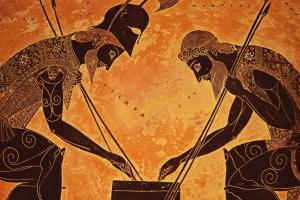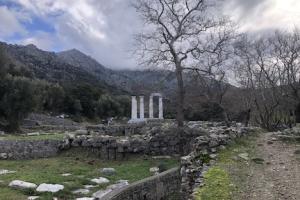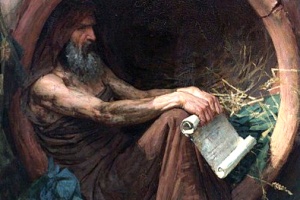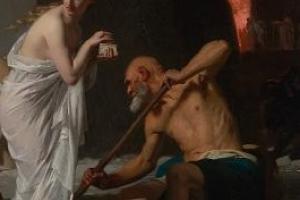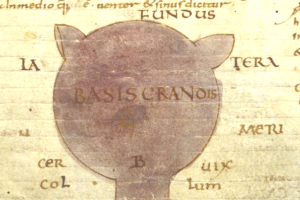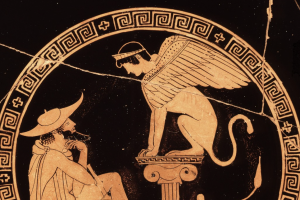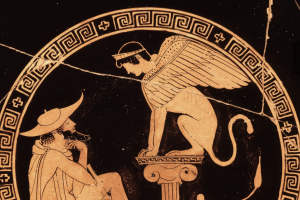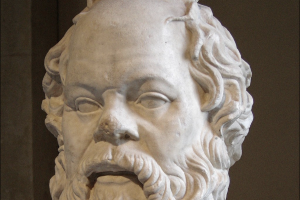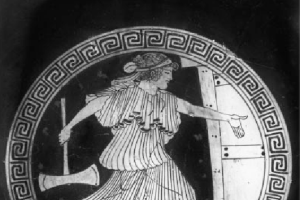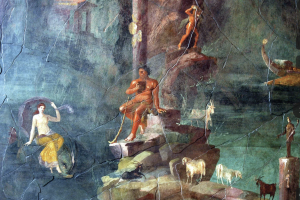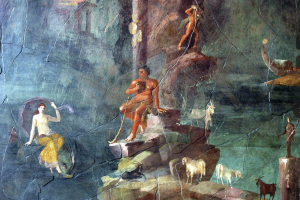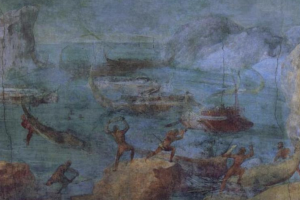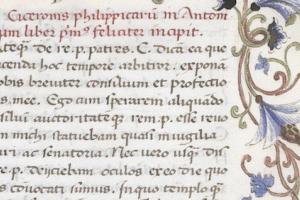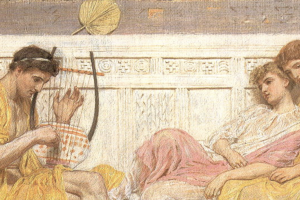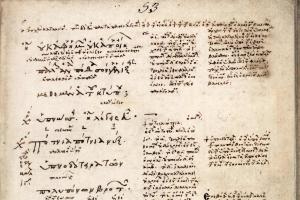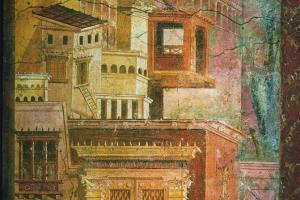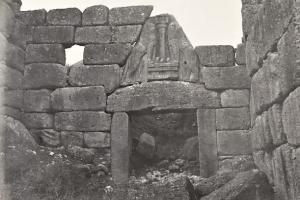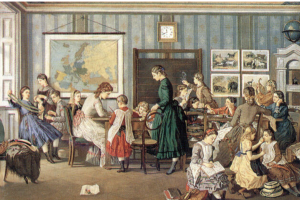Fall 2024
This course introduces ancient Greek history, culture, and society from its Bronze Age beginnings through the aftermath of Alexander the Great’s empire, with a focus on the Archaic and Classical periods (the eighth through the fourth centuries BCE)
This course will offer a broad overview of the art and archaeology of Greece (including architecture, sculpture, painting, metalwork, pottery etc).
Themes from the literature & culture of ancient Greece, the Hebrew Bible, ancient Rome, and early Christianity significant for Western Civilization's development. 5 units. Fulfills R&C A or B + one L&S Breadth.
The history of ideas about the soul’s postmortem fate in the ancient Mediterranean world.
This course will study sexuality and gender in two very different historical periods--ancient Greece and 19th-century Europe.
The first semester of study of Ancient Greek
The first semester of study of Ancient Greek
Readings from Xenophon's Anabasis and Plato's Apology, plus some review of grammar.
Close reading (in Greek) of Aeschylus' Agamemnon, with due attention paid to issues of interpretation, poetic style, meter, performance, and cultural context. We'll also read the rest of the Oresteia in English, and sample some "sequels" and later adaptations. Students should previously have taken at least Greek 100 or 101, or equivalent.
The first half of a two-semester language sequence preparing students to read Classical Latin.
The first half of a two-semester language sequence preparing students to read Classical Latin.
The second half of a two-semester language sequence preparing students to read Classical Latin.
Selections in Latin from Caesar & Cicero. By reviewing morphology, syntax, & vocabulary, you will improve your mastery of Latin, and learn to read prose with understanding & enjoyment.
An introduction to the short poems of Catullus and the Odes of Horace, read in Latin.
Study of tools for advanced research in ancient Greek and Latin textual evidence.
Survey of Republican to early imperial literature
This seminar is an advanced introduction to Latin epigraphy for graduate students.
An in-depth treatment of the site of Mycenae, its environs, and its regional, interregional, and international contexts. Specific topics will include themes and material from both the prehistoric and historic periods of occupation, as well as the historiography of the site and its excavations.
Seminar in problems of teaching. Required for all new graduate student instructors.
